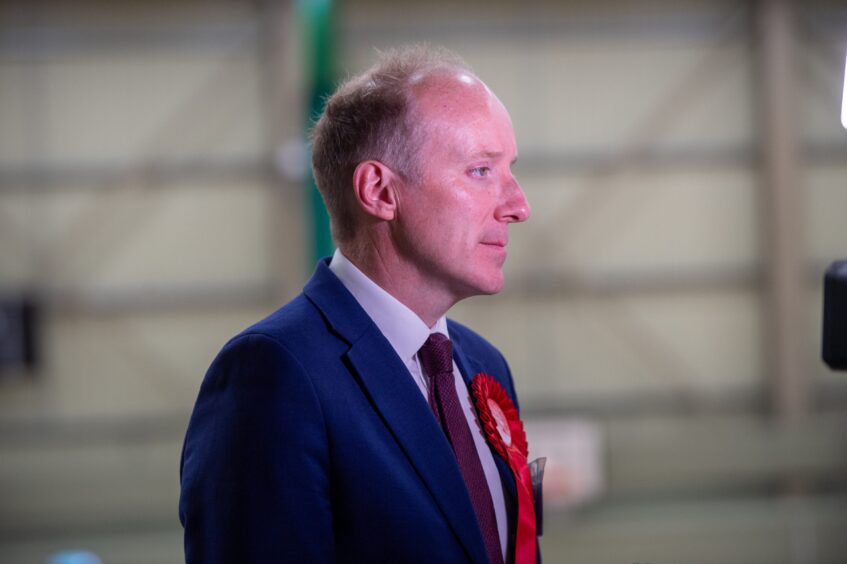The powerful “court” which oversees the running of Dundee University has come under scrutiny to explain how it allowed a £1 million deficit to balloon “overnight”.
Politicians and staff have asked how, despite reporting a small surplus, the university is now at serious risk as it eyes of £30m black hole in its finances.
And the Scottish Government has been pressed on the issue too, with First Minister John Swinney urged to intervene.
But who is responsible for overseeing Dundee University, and could government step in to save it?
Who runs Dundee University?
Unlike schools and colleges, universities in Scotland are not ‘owned’ by local councils or the Scottish Government.
While they receive large amounts of public cash to teach Scots students, they are independent bodies.
Like a board oversees a business, a powerful university court is charged with governance of the university. It scrutinises the finances, property and affairs of the institution.
Chaired by Amanda Millar, a solicitor, the court appoints the principal who is tasked with the day-to-day running of the body.
Other members making up the 25-strong body include staff and student representatives and a Dundee City Council nominee. Another 10 people are co-opted for their skills and knowledge.
Sources have expressed concern about the current make-up of the court which holds the executive team to account, citing a perceived lack of financial experience.
Day-to-day operation is in the hands of the principal and the University Executive Group (UEG), which includes figures such as the vice principals and directors of HR and finance.
North East MSP Michael Marra has expressed concern about what the university court knew about the financial crisis.
Insiders have also said they were dismayed to learn the most recent court minutes, from September, revealing the gaping hole in the university’s finances were not discussed.
One source said: “It is simply not credible that this deficit appeared overnight. This should have been at the top of the agenda before November.
“If the executive group were not forthcoming, why were the court not competent to ask the questions needed to uncover the crisis?
“The scale of this failure of governance is a scandal.”
Governance concerns
In a column for The Courier, Mr Marra said it is “clear the university court was not provided with crucial information”.
“So where are the governors? Where are those whose job it was to challenge?” he asked.
A Dundee University spokesman said the court was informed of the situation on November 12.
“Court met again this week and is working closely with the university executive to address the complex challenges facing the university,” he added.
The first minister has also faced questions about whether the governance of the university needs to change to ensure the crisis is not repeated.
Dundee UCU, which represents academics, said in a position paper that the court has become a “rubber stamp” body with governance structures “hollowed out”.
Scottish Conservative MSP Maurice Golden said: “I asked the First Minister about what his government are going to do to firm up governance at universities who are facing an uncertain future.
“While he did concede the critical strategic importance of Dundee University, John Swinney still sounded a long way from making any government intervention.”
Could the government step in?
Public money is given to universities through the Scottish Funding Council (SFC) – a government department.
The body has powers to assess the management and education provided at any university to ensure a good use of public funds.
But any change to university governance to introduce any form of direct government oversight would likely require a change in the law.
On Thursday, a spokesman for Mr Swinney faced questions about whether the government would step in with rescue funding if required.
A government spokesman said: “Whilst universities are autonomous institutions with responsibility for their own decisions, the Scottish Government and the Scottish Funding Council will continue to offer support to individual universities, such as Dundee, as they develop their own plans to mitigate their financial challenges.”














Conversation